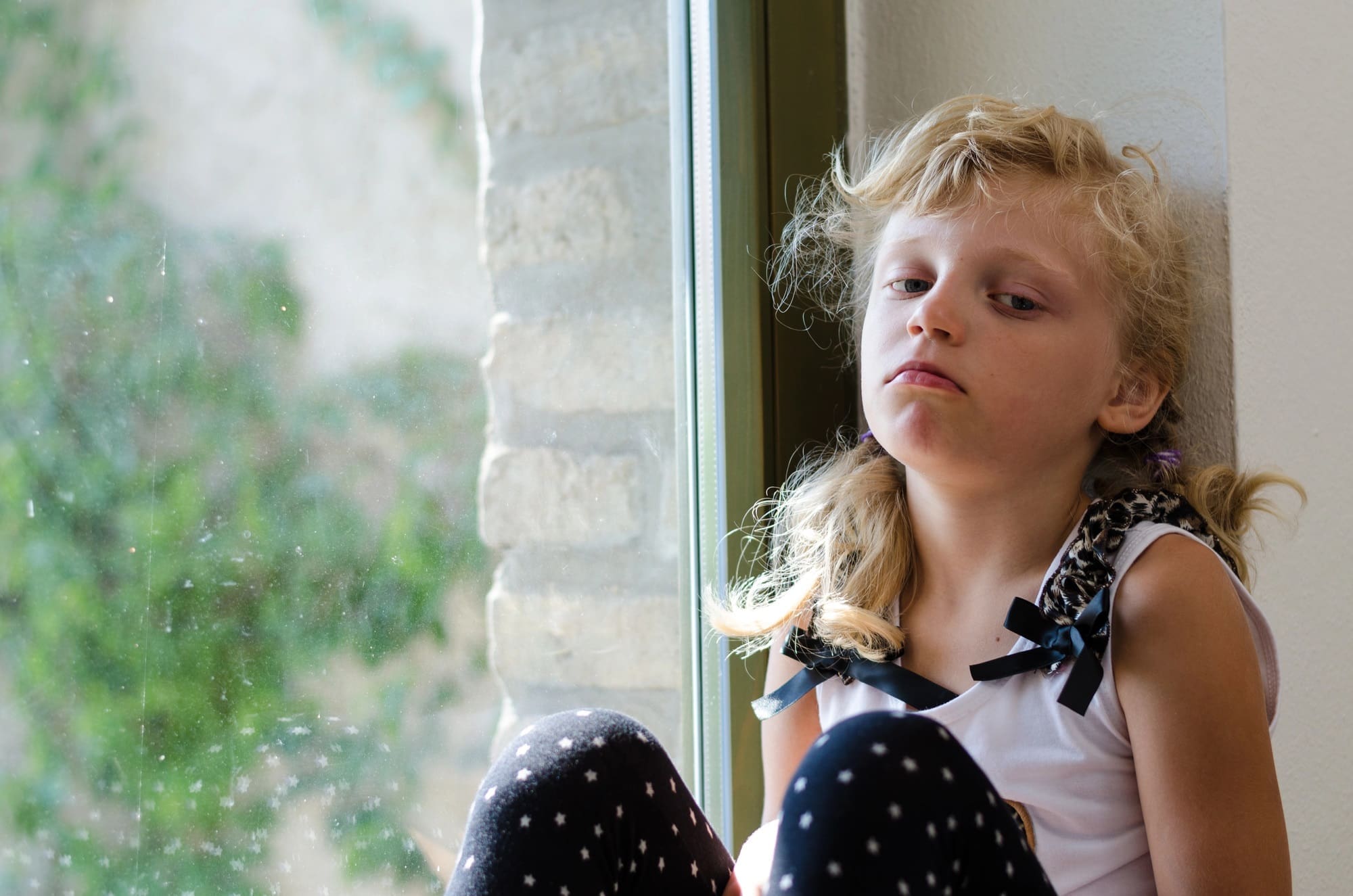The newly authorized drug, leucovorin, is becoming popular in the autism community, where some families have named it the “small bottle of hope”. While initial accounts and personal testimonials have sparked enthusiasm, medical experts point out that current scientific data remain quite limited, and more studies are needed to accurately identify the beneficiaries. Leucovorin is
The age at which children transition to young adults is particularly often challenging for even the average adolescent, and it stands to reason that autistic children might find this period even more arduous.
Consider these: the confluence of typical pubertal developments and the unique complexities associated with autism, these can pose a multifaceted array of challenges. The intersection of hormonal changes, sensory sensitivities, and social nuances necessitates a nuanced approach to support.
As such, caregivers and educators must be attuned to the specific needs of autistic youths, fostering environments that are both accommodating and understanding during this pivotal phase of maturation.
Autism & Puberty
A question commonly posed in the realm of autism studies is whether there exists a notable disparity in adolescence between ASD children and neurotypical peers. There is a research study entitled “Pubertal Timing During Early Adolescence: Advanced Pubertal Onset in Females with Autism Spectrum Disorder,” which provides compelling evidence that precocious puberty may be more prevalent in females with autism spectrum disorder compared to their neurotypical counterparts.
For those unfamiliar with precocious puberty, it is the early appearance of puberty characteristics, such as broad shoulders, before the established age thresholds. This phenomenon is not an abnormal occurrence; in fact, it has been documented as a variation within normal developmental parameters.
Traditionally, precocious puberty is indicated by the onset of secondary sexual characteristics before the age of 8 in females and 9 in males, while early puberty is marked by these developments occurring between the ages 8 to 9 in females and 9 – 10.5 in males.
Within the autistic female population, a significant subset is likely to exhibit signs of precocious puberty, and an even larger subset will meet the criteria for early puberty. The atypical early onset observed in females with Autism as compared to their typical peers suggests that this pattern may be more prevalent in the ASD demographic, thus challenging its classification as merely a typical developmental variant.
Does autism get worse during puberty?
Another question commonly asked about puberty is whether it worsens Autism. Puberty itself does not exacerbate autism, but the transitional period can amplify certain challenges for autistic individuals. For example, social difficulties may become more pronounced as peer interactions grow more complex.
However, fluctuating hormones can heighten comorbid conditions, including anxiety and depression. Parents and caregivers should be attentive to these potential changes, offering additional support and understanding during this critical stage of development.
Supporting autistic children during puberty
There are three broad categories of support, which include mental health, physical health, and educational support. Mental health support can include therapy and counseling to help children manage the complex emotions that come with puberty.
Physical health support involves regular exercise to help maintain a healthy body, while educational support focuses on providing the necessary knowledge about puberty and related changes. Parents and caregivers can ensure a holistic approach to their child’s development during this critical period by addressing these areas.
Treatment and support in Sacramento
For personalized therapy sessions, educational workshops, and physical wellness programs, we at Sacramento ABA Therapy are here to help & strive to equip children and their families with the tools they need to thrive during this transformative phase.

